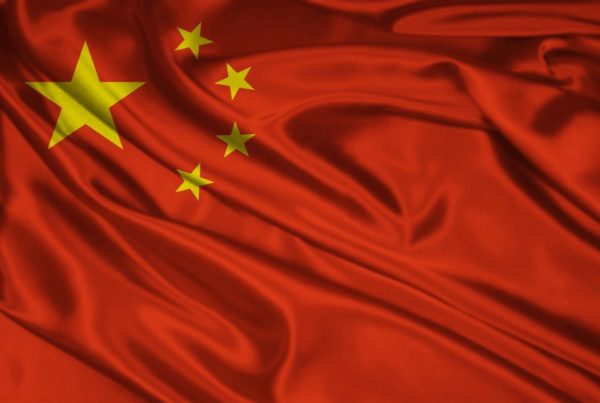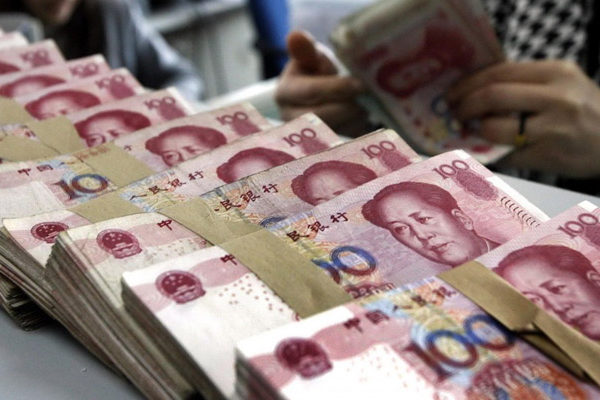The Hong Kong Monetary Authority (HKMA) has set up an Infrastructure Financing Facilitation Office (IFFO) and signed agreements with two international organisations to help raise funding for infrastructure projects, particularly those that fall under China’s One Belt One Road (OBOR) policy.
The One Belt One Road, also known as the Silk Road Economic Belt and 21st Century Maritime Silk Road initiative, is a Chinese government development strategy. It focuses on land and sea based connectivity from China to major markets in Europe, Asia and the Middle East. The belt describes land based routes, with several ‘transport corridors’ identified to reach markets in 64 countries, while the road refers to a maritime route through the South China Sea, South Pacific Ocean and Indian Ocean. China plans to work with countries along each of these transport routes to lend money for projects, with a focus on energy and transport infrastructure.
The IFFO will “promote development of Hong Kong as an infrastructure financing hub “by providing a platform to share information and experience, and helping with infrastructure investment and finance”, the HKMA said.
The IFFO launched with 40 partners in place, including multilateral development banks and agencies, public sector investors, project developers and operators, commercial banks, asset managers and professional service firms.
The HKMA also signed memorandums of understanding with the International Finance Corporation (IFC) and Global Infrastructure Hub (GI Hub). The IFC is a member of the World Bank Group, and is the “the largest global development institution focused on the private sector in emerging markets”, working with 2,000 businesses worldwide. The GI Hub is a not-for-profit organisation registered under Australian law. It aims to increase the availability of investment-ready projects and help match potential investors with projects while improving the delivery of investment policy.
It is encouraging to see the HKMA so promptly implementing the government’s stated objective to have Hong Kong act as a focal point for the financing of OBOR projects. Hong Kong is uniquely placed to do so and with the establishment of the IFFO we should see greater momentum as well as clarity on how Hong Kong will be able to fulfill this role.
Endnotes
1. Ejinsight: “How HK should play its role in OBOR initiative”, 2016, <http://www.ejinsight.com/20160208-how-hk-should-play-its-role-in-obor-initiative/>;
2. Out-Law.com: “Hong Kong lines up partners for OBOR development finance”, 2016, <http://www.out-law.com/en /articles/2016/july/hong-kong-lines-up-partners-for-obor-development-finance/>.





